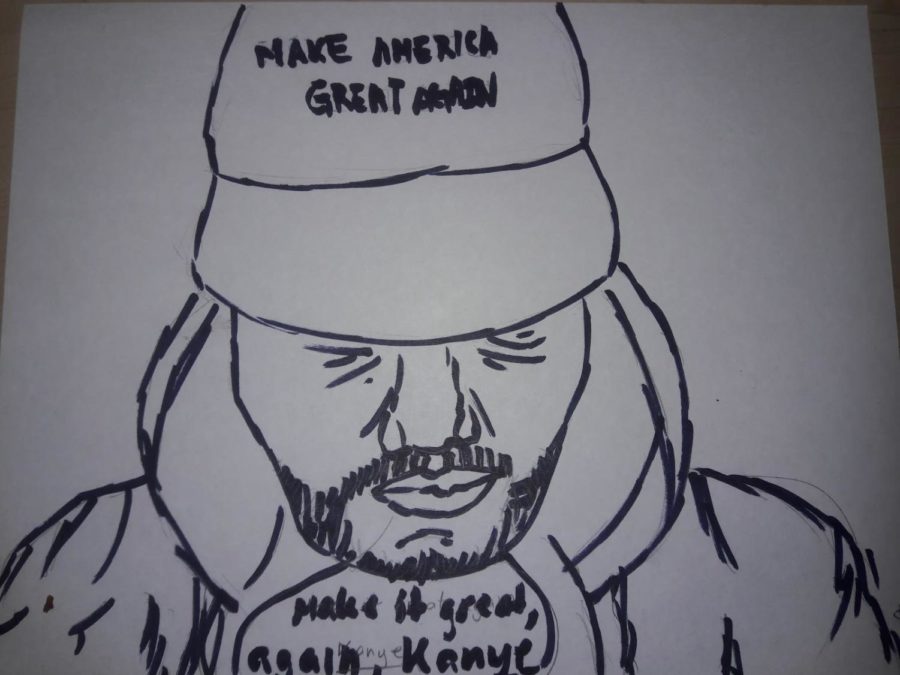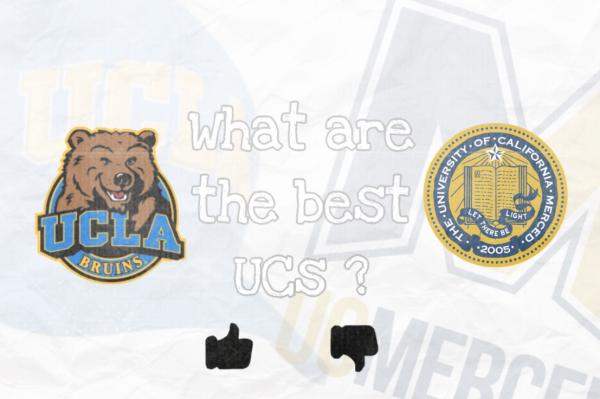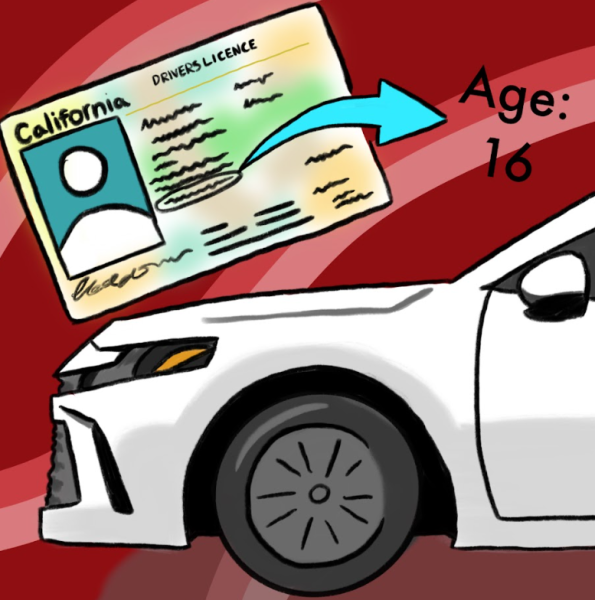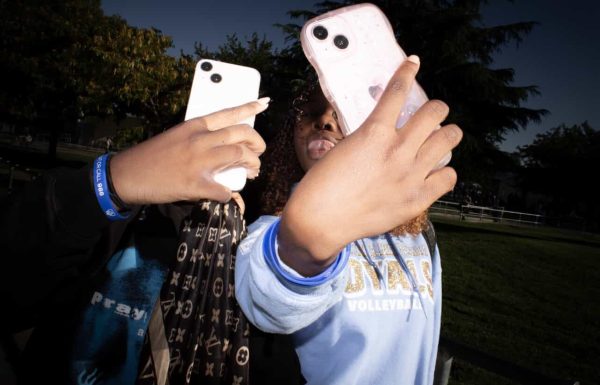Kanye for President 2020: Why We should Study Pop Culture
Picture by Violet Mbela
As controversy stirs up once again with American influencer Kanye West and his radical views, the current political and cultural climate begs the question of how much political influence celebrities should have and how much the public should trust and credit them. His peers in the rap community and the people of the black community have an overall feeling of disbelief emanating throughout their circles. Recent statements that he has made regarding the president, slavery, and the country as a whole have created more division between an already divided America and the black community. For the younger generation, hearing their favorite rapper come out and proclaim statements such as, “Slavery was a choice,” (West, 2018) with such passion can easily make the turning point between scoffing at this outrageous statement and actually believing it. Celebrities and pop culture as a whole are beginning to take a dangerous hold on American politics, so schools should encourage lessons about pop culture to keep both themselves and the future generations current and prepared for anything that might radically change in the years ahead.
It’s come to a point in our nation’s history that pop culture and politics are going hand-in-hand. Pop culture has a strong place in politics and could even be said to control the people’s political opinions and ideas. Celebrities are very influential, especially on young minds that could be easily molded to fit a worldview that was purely based off their idol’s words and not one garnered from personal research and opinions. They can latch onto ideas and hold fast to them without rhyme or reason simply because they cannot fathom how someone rich and famous could possibly do anything wrong.
Celebrities in our modern world connect to the people on a stronger level than our politicians. An article by the “Center for Digital Education” explains that millennials and the younger generations are somehow the most active in community/volunteer spaces and very tightly connected to their peers, but the most apathetic, detached generation to date politically. According to one source, “…most hardly seem to care about government or campaigns. They see a government that’s not deserving of their trust, resistant to change and barely caring about their needs. They don’t think their vote counts. They are the young. Old enough to vote, numerous enough to pick a president or a Congress. And they don’t seem to care,” (Lightman, 2015). If a student in Quartz Hill was asked to complete a vine or debate about Nicki v. Cardi, they would have an avid listener as well as a five paragraph essay with a citations page. But, if a student was asked about their political affiliation or who they would be voting for in the upcoming midterm elections, they would be met with radio silence. This does not mean there is no opinion but that we, as a younger generation, are so used to being told to “be seen and not heard” that we have simply assumed that no matter how loud we announce our opinions to each other, they will remain unnoticed and have no results. This is why we have come to rely on celebrities and influencers from Instagram and Youtube to speak for us, because it’s quite clear that holding the title of POTUS pales in comparison to a celebrity whose world tour collects millions of more attendees than the entire presidential inauguration.
Celebrities can be said to hold the voice of the people, so it’s infuriating when those who are unwilling to see the changing world of politics insist that they should “stay out of politics,” or “just shut up and play/sing/ act.” Their opinions hold real sway in modern issues, from causing thousands to burn Nike products to starting a movement. Asking someone of that influence to simply hold their tongue is an outdated, ignorant statement that will only hold us back in the long run.
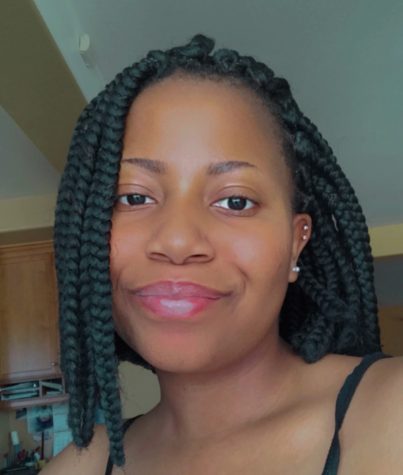
Hello! My name is Violet, I’m a senior and I’m so happy to be spending my final year in high school as a member of The Ubiquity! Not only did I further...



